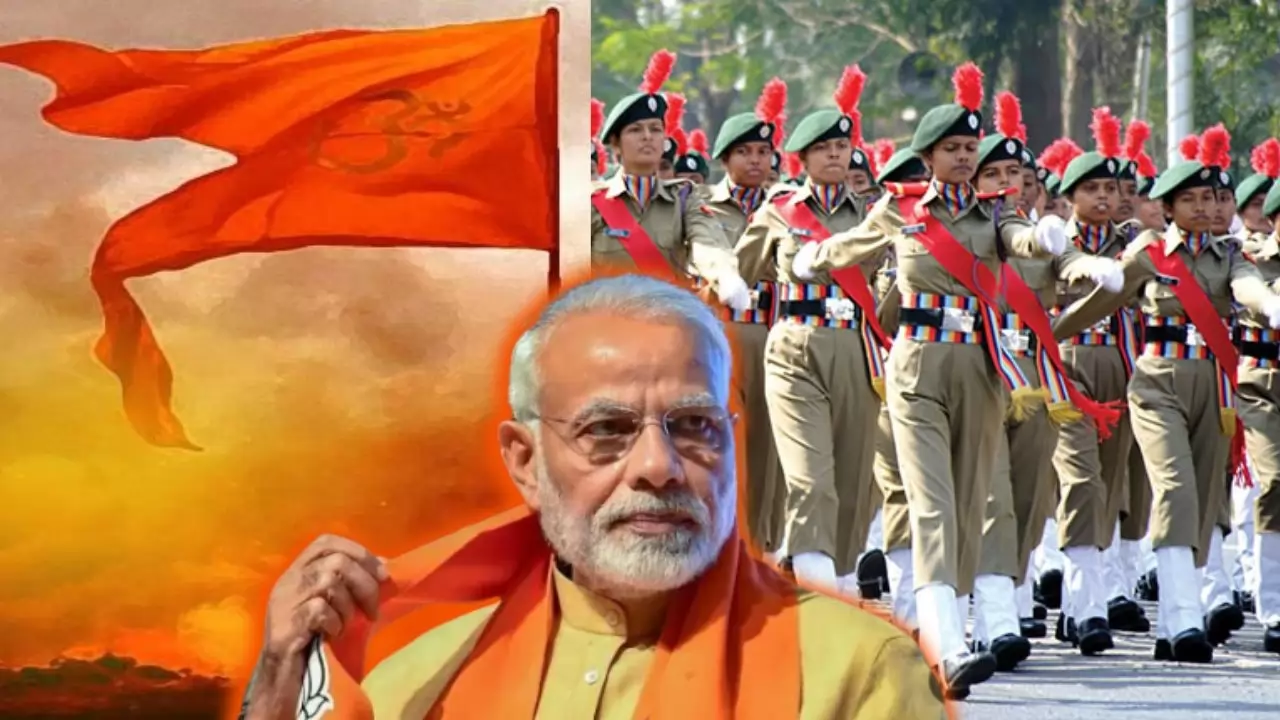
X
The recent allocation of agreements to manage 40 Sainik Schools across India has sparked controversy and debate. Critics point out that several of these agreements were awarded to organizations affiliated with the Rashtriya Swayamsevak Sangh (RSS) and other Hindutva groups, raising questions about impartiality and transparency in the selection process.
Sainik Schools are prestigious institutions known for their focus on military education and character development among students. These schools play a crucial role in nurturing young minds and preparing them for careers in the armed forces.
The allocation of agreements to run Sainik Schools involves a meticulous evaluation of applicants' credentials, including their track record in education, infrastructure capabilities, and adherence to the ethos of the institution. However, concerns have been raised regarding the criteria used and the transparency of the selection process.
Critics argue that the awarding of agreements to RSS-affiliated and Hindutva groups raises questions about potential biases and ideological influences in the management of these institutions. There are apprehensions about whether the core values of inclusivity and secularism will be upheld under such management.
The involvement of organizations with clear ideological leanings has raised concerns about the impact on students' education and exposure to diverse perspectives. There are fears that curriculum decisions, faculty appointments, and extracurricular activities may be influenced by ideological considerations rather than educational merit.
In light of the controversy, there have been calls for greater transparency and accountability in the process of awarding agreements to manage Sainik Schools. Critics emphasize the importance of maintaining the integrity and neutrality of these institutions, ensuring they remain focused on their primary objective of providing quality education and preparing students for military service.
The government has defended its decision, stating that the selection process was fair and based on merit. However, concerns persist among stakeholders about the potential long-term implications of ideological influences on educational institutions.





Copyright © 2026 Top Indian News
